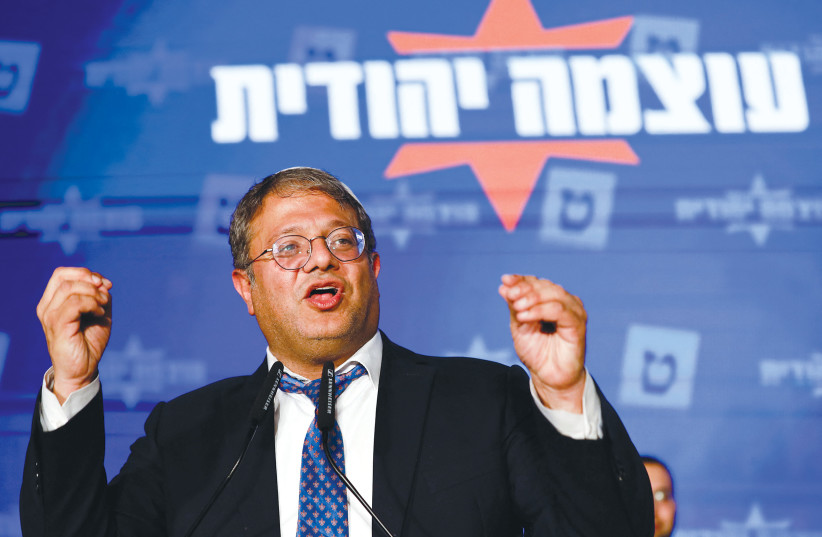The coalition passed on Monday the first reading of a controversial bill proposed by Shas to postpone the election for the country's Ashkenazi and Sephardic chief rabbis and religious councils by approximately eight months.
According to Israeli law, the chief rabbis serve for 10 years, and religious councils for five years. Elections for both institutions must be held no more than three months and no less than one month before the end of the tenure. The dates of the elections to both institutions are calculated based on the Hebrew calendar.
Accordingly, the current chief rabbis' tenure is set to end on August 5, and therefore the election must be held by July 7. The current religious councils' tenure is set to end on October 31, and therefore elections must be held between August 3 and October 1.
However, elections for the country's local authorities are scheduled for October 31, and Shas' central argument for the delay is that the 150-member committee responsible for electing the chief rabbis and religious councils include representatives from the 25 largest local authorities – and the upcoming election to local authorities in October means that the people voting for the chief rabbis and religious councils will soon not be in power.
A delay in the vote for both institutions due to political elections has precedent. In 2013, the vote for both was postponed by four months due to them coming at the same time as a national election.

According to Shas' bill, the current chief rabbis' and religious councils' tenures will be prolonged until April 9, 2024, and the religious councils to June 10, 2024.
Despite Shas' explanations, Knesset members from the opposition and from Otzma Yehudit accused the party of having other motives for the delay, namely that Shas chairman MK Aryeh Deri wants more time to decide between his brother, Rabbi Yehuda Deri, and his ally, Rabbi David Yosef, as his preferred candidate for Sephardic Chief Rabbi.
Otzma Yehudit's Negev, Galilee and National Resilience Minister, Yizhak Wasserlauf, for example, wrote on Twitter on Sunday that "chief rabbis should be elected based on their qualifications, not their connections."
Otzma's opposition to the bill came after tension already broke out between the two parties last week on a different matter – reports that Prime Minister Benjamin Netanyahu is considering violating the Likud's coalition deal with Otzma Yehudit by appointing a Shas member to the Judicial Selection Committee rather than MK Yitzhak Kreuzer.
Otzma Yehudit to receive a spot on the committee
According to coalition agreements, Otzma Yehudit is supposed to receive a spot on the committee, and Otzma Yehudit chairman Itamar Ben-Gvir announced over a week ago that his candidate would be Kreuzer. Only one spot remains on the committee for a member of Knesset after the first spot was occupied by opposition candidate MK Karine Elharrar, who was chosen in an anonymous vote by at least four members of the coalition.
Otzma Yehudit decided to abstain on the chief rabbinate election delay bill, but the bill still passed its first reading, and will likely pass into law in the coming weeks, after the Knesset Home Committee granted it an exemption from the requisite 45-day waiting period earlier on Monday.
